Home>Garden Essentials>What Are Onion Seeds
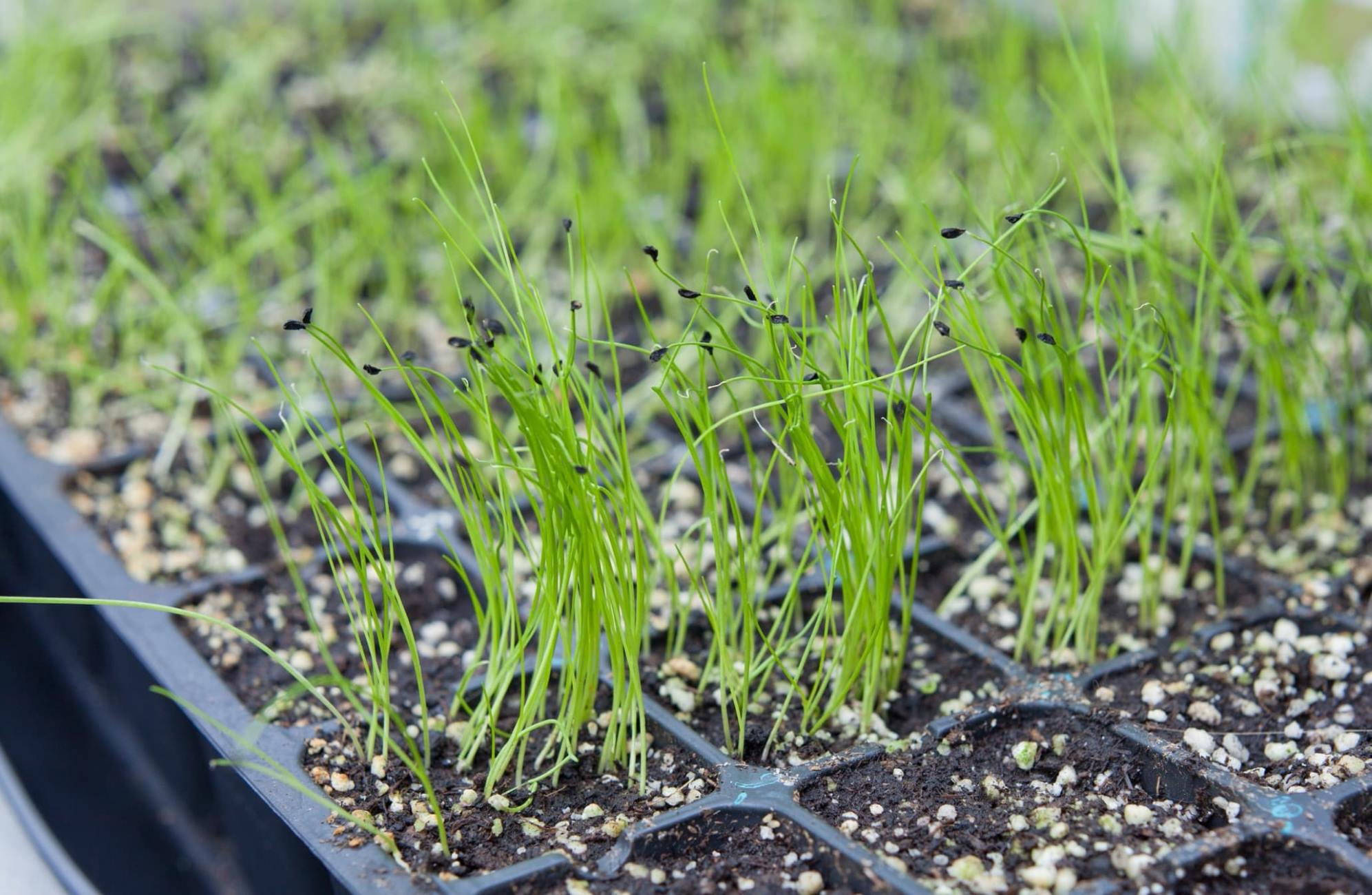

Garden Essentials
What Are Onion Seeds
Modified: May 6, 2024
Discover the benefits of onion seeds for your garden. Learn how to grow and care for onion plants with our helpful gardening tips.
(Many of the links in this article redirect to a specific reviewed product. Your purchase of these products through affiliate links helps to generate commission for Storables.com, at no extra cost. Learn more)
Introduction
Welcome to the wonderful world of gardening! In this article, we’ll explore the fascinating realm of onion seeds and everything you need to know about them. Whether you’re a seasoned gardener or a green thumb enthusiast, understanding the ins and outs of onion seeds will help you cultivate a thriving garden and enhance your culinary creations.
Onion seeds, also known as Allium cepa, are the tiny powerhouse behind the growth of one of the most popular vegetables in the world – onions. These seeds hold the potential to transform into flavorful bulbs that add depth and aroma to a wide array of dishes, making them a must-have in every herb and vegetable garden.
Characterized by their small, black, or brownish appearance, onion seeds are a result of the flower cluster that blooms atop onion plants. Each seed is encased in a protective outer covering, ensuring its survival and viability under different environmental conditions.
But onion seeds are not just meant to be sown in the garden. They have a range of culinary and medicinal uses as well. They are known for their unique flavor profile, lending a distinct taste and aroma to dishes when used as a spice or a condiment. Onion seeds are also believed to have medicinal properties and have been used for centuries in traditional medicine.
Are you ready to dive into the world of onion seeds? Join us as we explore their characteristics, culinary uses, medicinal properties, how to grow and harvest them, and ways to store and preserve these precious seeds for future use.
So, grab your gardening gloves and let’s dig into the intriguing world of onion seeds!
Key Takeaways:
- Onion seeds are tiny powerhouses that grow into flavorful bulbs, adding depth and aroma to dishes. They also have medicinal properties and are easy to grow, making them a must-have for any garden.
- From adding unique flavor to dishes to promoting overall well-being, onion seeds are versatile and valuable. Growing, harvesting, and preserving these seeds can bring joy to both gardeners and culinary enthusiasts.
Read more: What Temperature Do Onions Germinate
Definition of Onion Seeds
Onion seeds, also referred to as Allium cepa, are the small, edible seeds obtained from the flower cluster of onion plants. These seeds are the starting point for cultivating onions, one of the most versatile and widely used vegetables in culinary delights.
The onion plant is a biennial herb that belongs to the Allium family, which also includes garlic, shallots, and leeks. Onion seeds are formed when the flowers of the onion plant mature and develop seed pods.
These seeds serve as the reproductive structures of the plant, containing all the necessary genetic information needed for the growth and development of a new onion plant. Each seed is encapsulated within a protective seed coat, ensuring its viability and the preservation of its genetic material.
Onion seeds come in different varieties, from sweet to pungent flavors, allowing for a diverse range of culinary applications. The color of the seeds can vary from black to brown, depending on the specific onion variety.
While onion seeds are primarily used for propagation, they also hold value in terms of flavor and medicinal properties. When crushed or ground, onion seeds release a distinct aroma and flavor profile that adds depth and complexity to various dishes. Their intense flavor is often described as a combination of onion and nutty undertones.
It’s important to note that onion seeds are not the same as onion sets or onion bulbs. Onion sets are small, partially grown onions that are used for planting, while onion bulbs are the matured, fully-grown onions that are typically harvested and consumed. Onion seeds, on the other hand, are the starting point for growing fresh onions from scratch.
Now that we have a clear understanding of what onion seeds are, let’s delve deeper into their characteristics and discover why these tiny seeds are a prized possession in the culinary and gardening world.
Characteristics of Onion Seeds
Onion seeds possess unique characteristics that make them a valuable addition to any garden. Understanding these characteristics is key to successfully growing and utilizing these seeds to their full potential. Let’s explore some of the key characteristics of onion seeds:
- Size and Color: Onion seeds are incredibly small, measuring about 1-3 millimeters in diameter. They are typically dark-colored, ranging from black to shades of brown.
- Viability: Onion seeds have a good shelf life and can remain viable for up to two years if properly stored. However, it’s important to note that the germination rate may decrease over time, so using fresh seeds is ideal for optimal results.
- Flavor Profile: When it comes to taste, onion seeds offer a delightful combination of intense onion flavor with subtle nutty undertones. This unique flavor profile adds depth and complexity to a multitude of dishes, making them a valuable culinary spice.
- Spice and Condiment: Crushed or ground onion seeds are commonly used as a spice or condiment in various cuisines. They are particularly popular in Indian, Middle Eastern, and Mediterranean dishes, where they are sprinkled over curries, salads, pickles, and bread for added flavor and texture.
- Medicinal Properties: Onion seeds have been used historically for their medicinal properties. They are believed to possess anti-inflammatory, anti-bacterial, and diuretic properties. Additionally, they are known to contain antioxidants that contribute to overall health and wellbeing.
- Growth and Planting: Onion seeds are relatively easy to grow, making them suitable for novice gardeners. They prefer well-draining soil, ample sunlight, and regular watering. Sowing the seeds in early spring or fall yields the best results. The seeds typically germinate within 7-10 days, and the young onion plants can be transplanted into a garden bed or container.
- Growth Habit: Once planted, onion seeds develop into long, slender, green shoots that eventually form bulbs beneath the soil. The bulbs grow in layers, with the outer layer forming the brown papery skin that protects the inner layers.
- Harvesting: Onions can be harvested when the foliage starts to turn yellow and topple over. The bulbs can be lifted from the ground and left to cure for a period of time to develop their characteristic flavor and storage capabilities.
Now that we have explored the characteristics of onion seeds, it’s time to uncover their versatility in the culinary world. Let’s discover the various culinary uses and applications of these flavorful seeds!
Culinary Uses of Onion Seeds
Onion seeds are a culinary treasure, adding depth, flavor, and aroma to a wide range of dishes. With their unique taste profile, these tiny seeds are incredibly versatile and can transform even the simplest of recipes into culinary masterpieces. Let’s explore some of the popular culinary uses of onion seeds:
- Spice and Seasoning: Crushed or ground onion seeds are commonly used as a spice or seasoning in various cuisines. They add a rich, oniony flavor with a hint of nuttiness to curries, stir-fries, soups, and stews. These seeds bring a unique and distinct taste to both vegetarian and non-vegetarian dishes.
- Spice Blends: Onion seeds are also a key ingredient in many spice blends. For example, in Indian cuisine, they are an essential component of the popular spice blend known as “panch phoron,” which typically includes equal parts of onion seeds, fenugreek seeds, mustard seeds, cumin seeds, and fennel seeds. This aromatic blend is used to flavor various dishes, especially in Indian curries and pickles.
- Bread and Baked Goods: Onion seeds are often used as a topping for bread and baked goods, adding a delightful crunch and flavor. They can be sprinkled on breadsticks, bagels, or even homemade crackers for an extra burst of taste. The seeds can also be incorporated into bread dough for a subtle onion flavor throughout the loaf.
- Pickling: Onion seeds are a popular choice for pickling recipes. When added to the brine or vinegar solution, they infuse the pickles with a distinct onion flavor. They are especially delicious when used in pickled cucumbers, beets, and onions themselves.
- Salad Toppings: Sprinkling crushed onion seeds over salads adds a burst of flavor and crunch. They can be used in both green salads and grain-based salads, enhancing their taste and texture. Combine them with other spices, herbs, and a dressing of your choice to elevate the overall flavor of your salads.
- Dips and Spreads: Onion seeds can be ground and incorporated into dips and spreads, such as hummus or yogurt-based sauces. They bring a unique onion flavor to these dips, making them more interesting and flavorful. Experiment with different combinations to create your own signature dips.
- Masala Tea: In some cultures, particularly in India, onion seeds are added to masala tea for their aromatic properties. A pinch of these seeds enhances the flavors and adds a subtle warmth to the tea, creating a delightful and comforting beverage.
- Marinades and Dressings: For an extra punch of flavor in marinades or dressings, try incorporating crushed or ground onion seeds. They enhance the taste of meats, vegetables, and salads, infusing them with a distinct oniony note.
As you can see, the culinary possibilities with onion seeds are endless. Their versatile nature allows you to experiment and explore different dishes, adding an unforgettable element to your meals. Now let’s shift our focus to the medicinal properties of onion seeds and their potential health benefits.
Onion seeds are small, black seeds that are used to grow onions. They can be planted directly in the ground or started indoors and then transplanted. Make sure to space the seeds properly and keep the soil moist for best results.
Medicinal Properties of Onion Seeds
Onion seeds have been prized not just for their culinary value, but also for their potential health benefits and medicinal properties. These tiny seeds pack a powerful punch when it comes to promoting overall well-being. Let’s delve into the medicinal properties of onion seeds:
- Anti-inflammatory Properties: Onion seeds are known for their anti-inflammatory properties, which can help reduce inflammation in the body. They contain compounds such as quercetin and sulfur compounds, which have been shown to have anti-inflammatory effects. Incorporating onion seeds into your diet may assist in alleviating inflammation-related conditions such as arthritis and allergies.
- Antibacterial Properties: Onion seeds possess antibacterial properties that have been studied for their potential to combat harmful bacteria. They contain compounds like thymol and allicin, which have been shown to possess antibacterial activity against various strains of bacteria. Including onion seeds in your diet may contribute to maintaining a healthy gut and promoting overall immune health.
- Antioxidant Effects: Onion seeds are rich in antioxidants, which help protect the body against oxidative stress caused by harmful free radicals. These antioxidants, such as phenolic compounds and flavonoids, help neutralize free radicals and prevent cellular damage. Consuming onion seeds may contribute to reducing the risk of chronic diseases and supporting overall cellular health.
- Digestive Aid: The consumption of onion seeds has been associated with improved digestion. These seeds possess carminative properties, which help prevent digestive issues such as bloating, gas, and indigestion. The fiber content in onion seeds also promotes regular bowel movements, aiding in a healthy digestive system.
- Diuretic Effects: Onion seeds have diuretic properties, which means they promote increased urine production and can help flush out toxins from the body. This can be beneficial for maintaining kidney health and preventing water retention.
- Respiratory Health: Onion seeds have long been used in traditional medicine for their potential respiratory benefits. The volatile compounds present in these seeds may help relieve respiratory conditions such as coughs, colds, and asthma. Consuming onion seeds or inhaling their steam may provide relief from respiratory congestion and discomfort.
- Cardiovascular Support: Studies have shown that onion seeds may have positive effects on heart health. The sulfur compounds in these seeds are believed to help lower blood pressure and reduce the risk of cardiovascular diseases. Including onion seeds in a balanced diet may contribute to maintaining a healthy heart.
While the medicinal properties of onion seeds are intriguing, it is important to note that they are not a substitute for medical advice or treatment. If you have a specific medical condition or are on any medication, it is always best to consult with a healthcare professional before adding onion seeds to your diet.
Now that we’ve uncovered the potential health benefits of onion seeds, let’s move on to exploring how to grow and harvest these amazing seeds in your own garden.
Read more: How To Harvest Onion Seeds
Growing and Harvesting Onion Seeds
Growing onion seeds in your garden can be a rewarding and fulfilling experience. With proper care and attention, you can cultivate your own onion plants and eventually harvest the seeds for future planting. Let’s dive into the process of growing and harvesting onion seeds:
- Seed Starting: Start by obtaining high-quality onion seeds from a reputable source or save your own seeds from mature onion plants. Onion seeds can be sown directly into the garden bed or started indoors. If starting indoors, sow the seeds in trays or pots filled with well-draining seed starting mix, keeping them moist until germination occurs.
- Transplanting: When the seedlings have developed a few sets of true leaves and are sturdy enough to handle, they can be transplanted into the garden bed or larger containers. Choose a sunny spot in your garden with fertile, well-draining soil.
- Spacing: Space the transplanted onion seedlings according to the recommended spacing for the specific onion variety you are growing. This will ensure that the plants have enough room to grow and develop their bulbs.
- Watering and Fertilizing: Onion plants require regular watering, keeping the soil consistently moist but not waterlogged. Fertilize the plants with a balanced fertilizer according to the instructions provided. Onions benefit from a nitrogen-rich fertilizer during the early stages of growth to promote green leafy growth.
- Bulb Formation: As the onion plants continue to grow, they will begin to form bulbs beneath the soil. It’s important to note that onions are biennial plants, meaning they typically produce bulbs and seeds in their second year of growth. During the first year, the onion plant focuses on bulb development.
- Flowering Stage: In the second year, onion plants will send up flower stalks from the center of the bulb. These stalks will produce clusters of flowers that will eventually turn into seed pods. Allow the flowers to grow and mature on the stalks.
- Seed Harvesting: Once the flower heads have dried and turned brown, it’s time to harvest the onion seeds. Cut the seed heads from the plant and place them in a clean, dry container. Rub or crush the dried flower heads to release the seeds. Remove any debris or chaff from the seeds.
- Drying and Storing: To ensure the longevity of the onion seeds, allow them to air dry for a few days in a cool, dry location. Once thoroughly dry, store the seeds in airtight containers or envelopes in a cool, dark place. Properly stored onion seeds can remain viable for up to two years.
By following these steps, you can grow your own onion seeds and continue the cycle of growth and harvest for years to come. Experiment with different onion varieties to explore their unique flavors and characteristics.
Now that you have harvested your onion seeds, it’s essential to know how to store and preserve them for future use. Let’s uncover the best practices for preserving the quality of your onion seeds.
Storing and Preserving Onion Seeds
Proper storage and preservation are crucial for maintaining the viability and quality of onion seeds. By following these guidelines, you can ensure that your harvested onion seeds remain viable and ready for future planting. Let’s explore the best practices for storing and preserving onion seeds:
- Drying: Before storing your onion seeds, make sure they are thoroughly dry. Allow them to air dry for a few days in a well-ventilated area, away from direct sunlight. This helps prevent moisture from causing mold or rot during storage.
- Cleaning: After drying, remove any debris or chaff from the seeds. Gently rub or crush the dried seed heads to separate the seeds from the remaining plant material. You can use a sieve or your hands to remove the debris.
- Container Selection: Choose airtight containers or envelopes to store your onion seeds. Ensure that the containers are clean, dry, and free from any moisture or pests that could compromise the quality of the seeds.
- Labeling: Properly label your containers or envelopes with the name and date of the seed variety. This helps you keep track of the age and type of seeds stored, making it easier to plan for future planting.
- Cool and Dark Storage: Store your onion seeds in a cool, dark place to maintain their viability. Excessive heat or exposure to sunlight can reduce the germination rate of the seeds. Aim for a storage temperature of around 40°F (4°C) to prolong their shelf life.
- Absorbent Material: Adding moisture-absorbing packets or materials, such as silica gel or rice, to the containers can help minimize moisture that could compromise the seeds. These materials help maintain a dry and stable environment for the seeds.
- Regular Inspection: Periodically check on your stored onion seeds to ensure they remain dry and pest-free. If you notice any signs of mold or insects, discard the affected seeds to prevent contamination of the remaining batch.
- Seed Viability: Keep in mind that onion seeds, like any other seeds, have a limited shelf life. While properly stored onion seeds can remain viable for up to two years, their germination rate may decrease over time. It’s a good practice to perform a germination test before planting older seeds to ensure a successful crop.
By following these storage and preservation practices, you can extend the lifespan of your onion seeds and have them ready for future planting seasons. Having a stockpile of onion seeds allows you to maintain a continuous supply of this versatile vegetable in your garden.
Now that you are well-versed in storing and preserving onion seeds, it’s time to wrap up our journey through the world of onion seeds. With its culinary uses, medicinal properties, and the joy of growing your own, onion seeds are truly a powerhouse in the garden and kitchen. Happy gardening and savoring the flavors of your homegrown onions!
Conclusion
As our exploration of onion seeds comes to a close, we hope you’ve gained a deeper understanding of these tiny yet powerful wonders. From their humble beginnings as small, black or brown seeds to their transformation into flavorful bulbs, onion seeds offer a world of possibilities for both gardeners and culinary enthusiasts.
Through their unique characteristics, onion seeds have become a staple in kitchens around the world. They bring depth, flavor, and aroma to a wide variety of dishes, whether as a spice, seasoning, or topping. The versatility of onion seeds allows for endless creative exploration in the kitchen, promising delightful culinary experiences.
Beyond their culinary uses, onion seeds also offer potential health benefits. Rich in antioxidants, these seeds may aid in reducing inflammation, boosting immune function, and supporting overall well-being. Their antibacterial properties, digestive aid qualities, and potential respiratory benefits have been valued in traditional medicine for centuries.
For aspiring gardeners, growing onion seeds is a rewarding endeavor. The process of nurturing onion plants from seeds to harvested bulbs is a testament to the cycles of life and the wonders of nature. With proper care and attention, you can cultivate your own onion plants and continually harvest seeds, ensuring a continuous supply year after year.
Remember, as you embark on your onion seed journey, it is essential to store and preserve your harvested seeds correctly. By providing them with the right conditions – cool, dark, and dry – you can extend their viability and have a reliable stash of seeds for future plantings.
Whether you’re a seasoned gardener or new to the world of gardening, onion seeds are a valuable addition to any herb or vegetable garden. Their flavorsome impact and potential health benefits make them an essential ingredient in countless culinary creations.
So, why not embrace the magic of onion seeds? Let them infuse your dishes with their unique flavor, embrace their potential medicinal properties, and revel in the joy of cultivating your own garden oasis. With onion seeds in your repertoire, your garden and kitchen will flourish with bountiful harvests and delectable meals.
Start your onion seed journey today, and experience the wonders these tiny seeds have to offer. Happy gardening and happy cooking!
Eager to get those onions blooming in your garden? Wondering how much time you'll need from seed to harvest? Our next article on growing onions from seeds offers a detailed guide that walks you through each step of the process. From sowing to picking, every stage is covered so you can plan your gardening activities with ease. Whether you're new to gardening or have a green thumb, this guide ensures your onion plants thrive.
Frequently Asked Questions about What Are Onion Seeds
Was this page helpful?
At Storables.com, we guarantee accurate and reliable information. Our content, validated by Expert Board Contributors, is crafted following stringent Editorial Policies. We're committed to providing you with well-researched, expert-backed insights for all your informational needs.
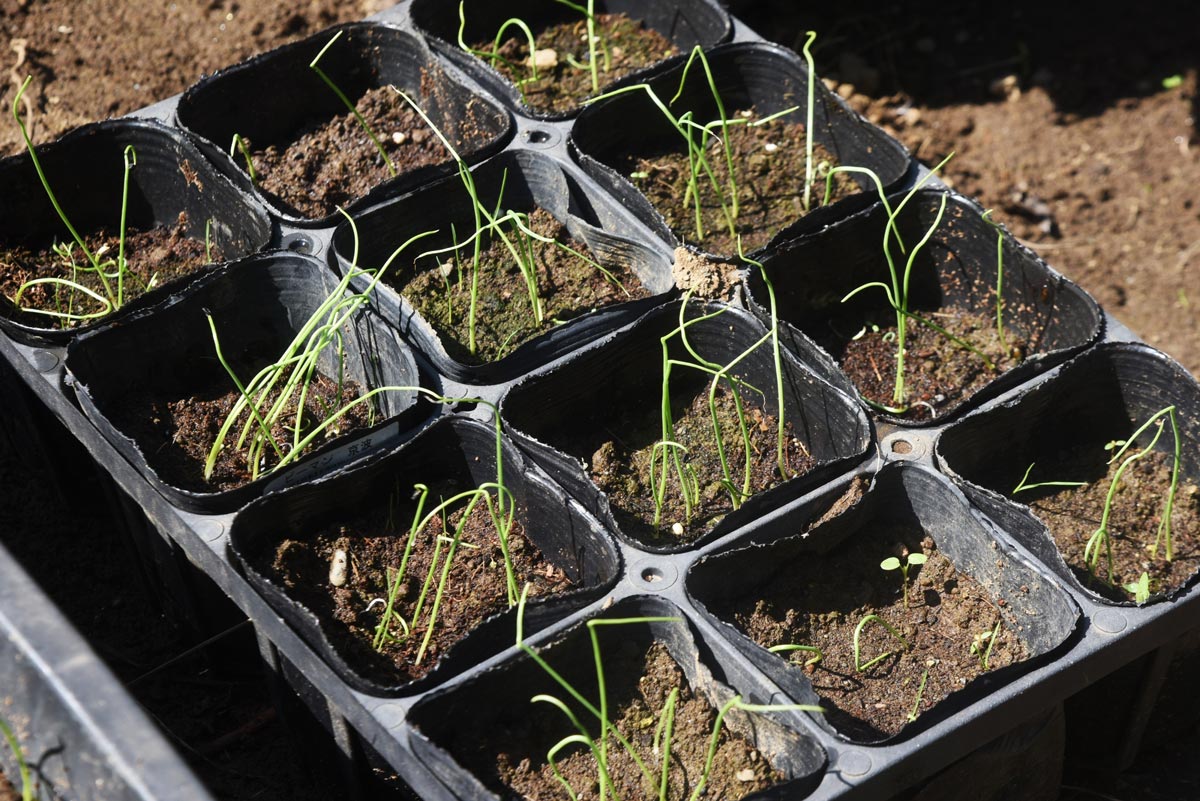
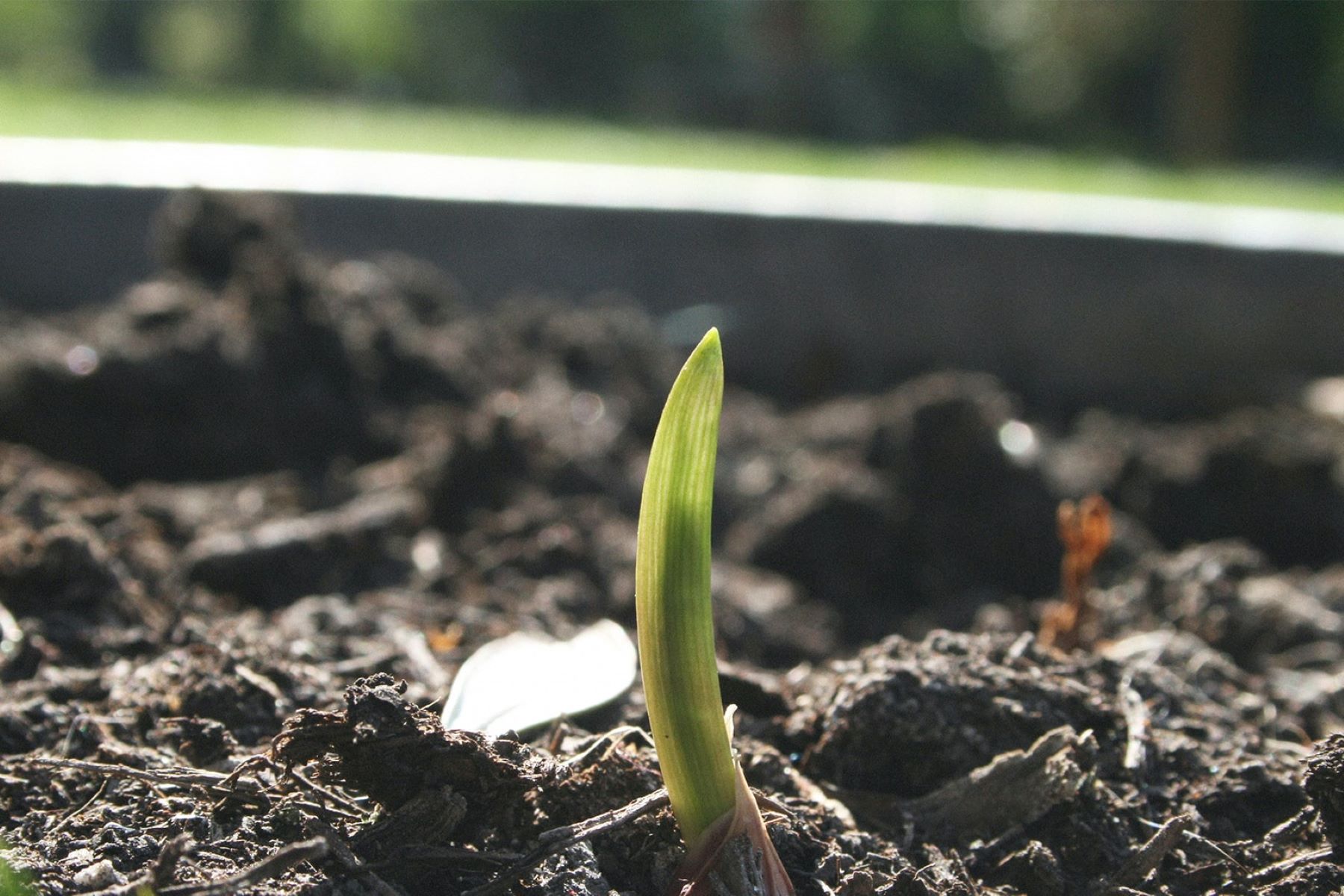
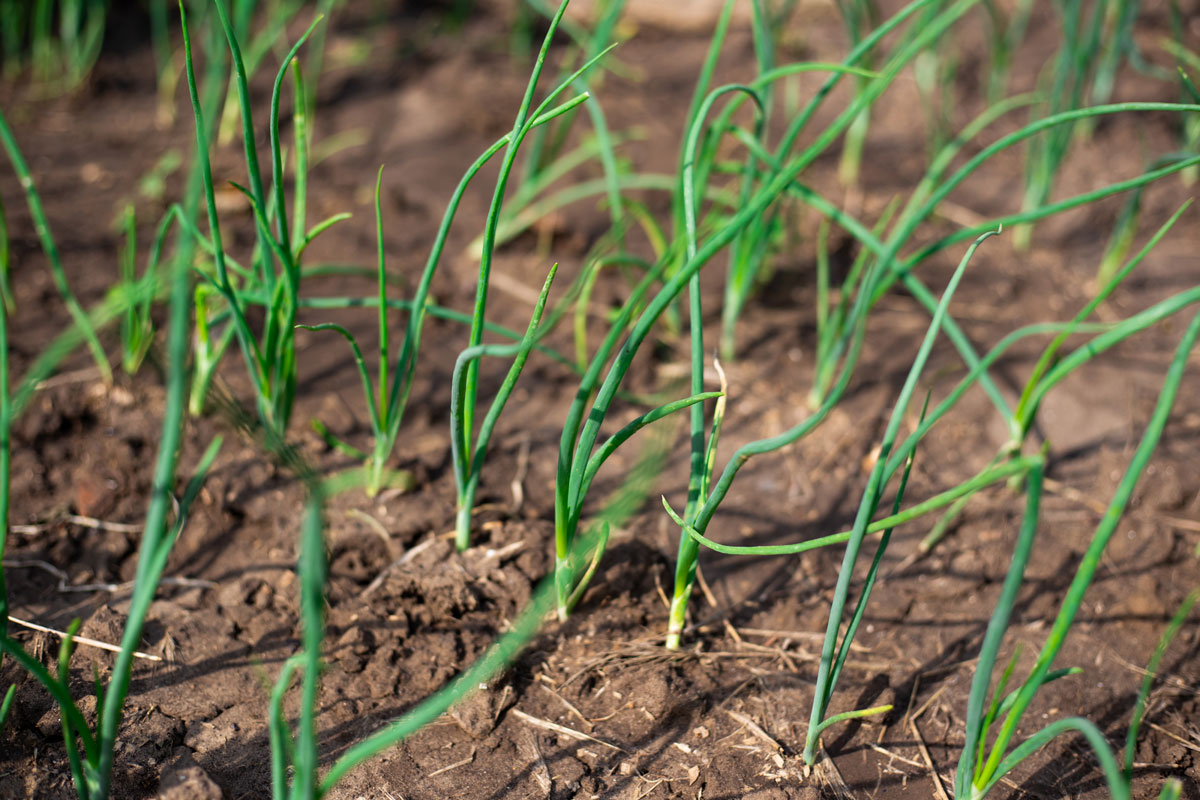
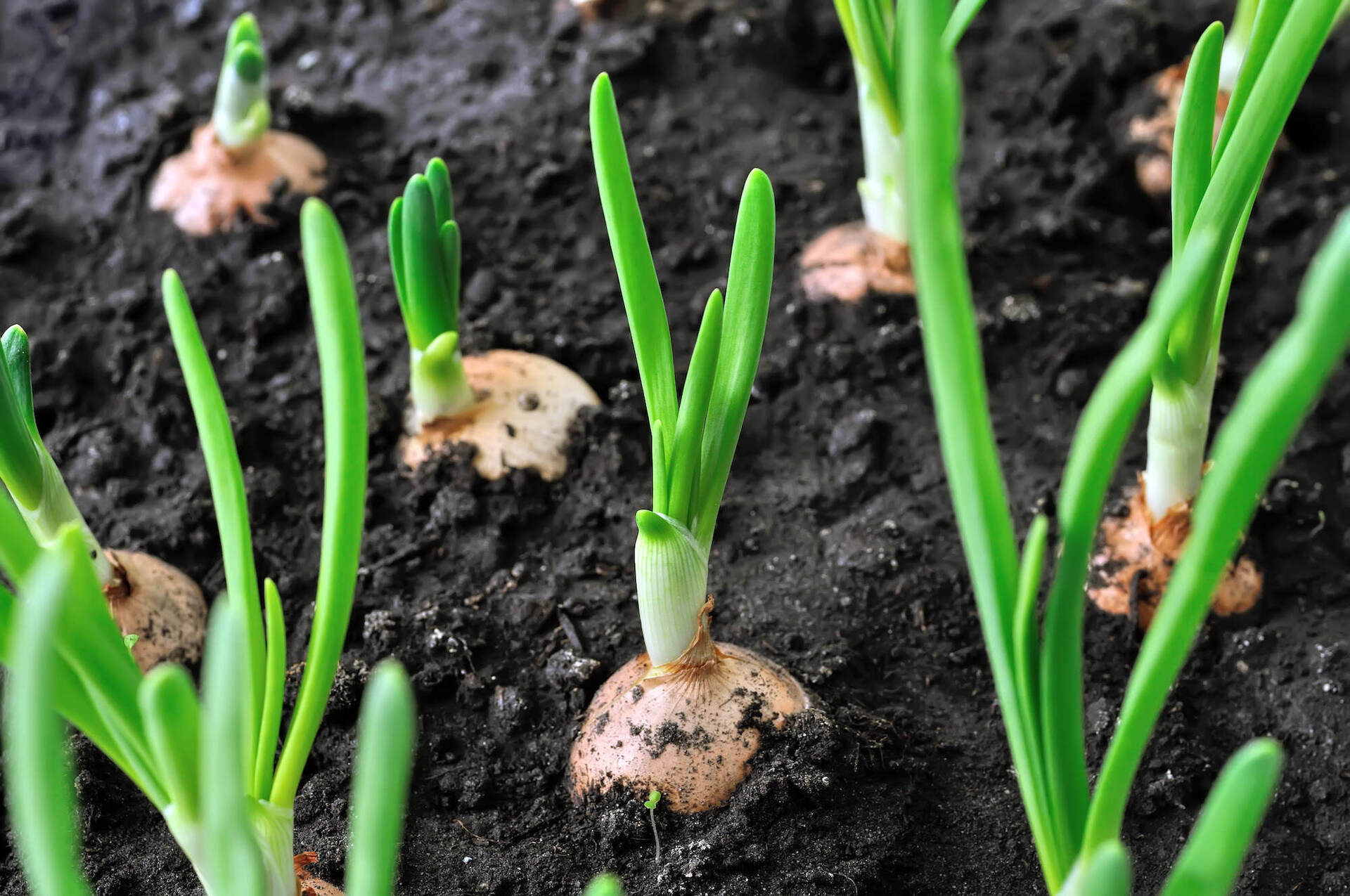
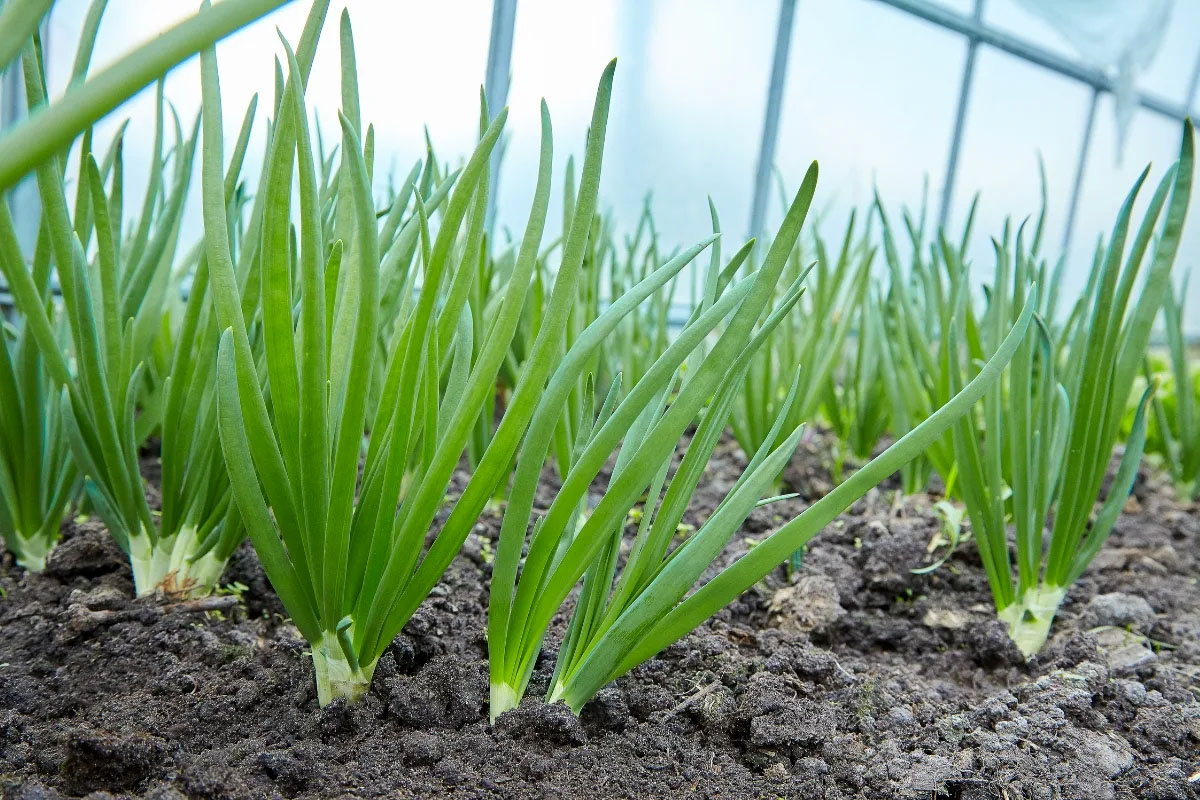
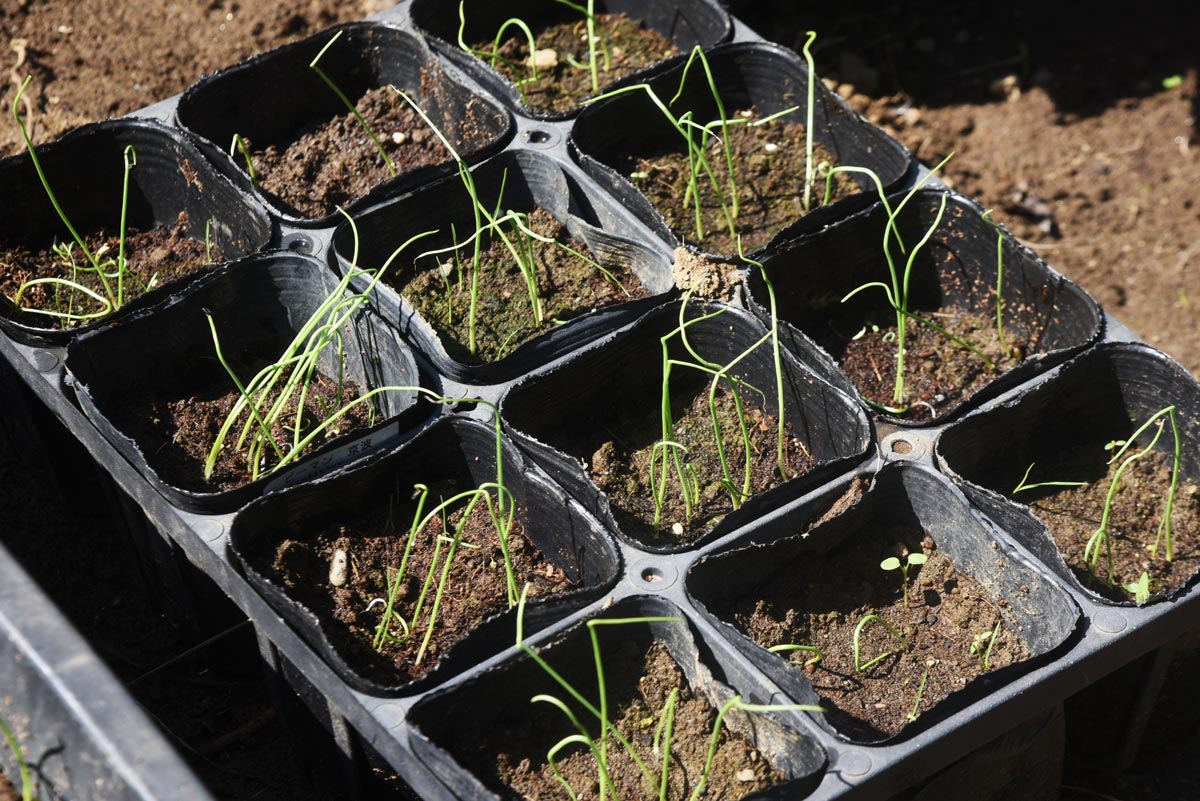
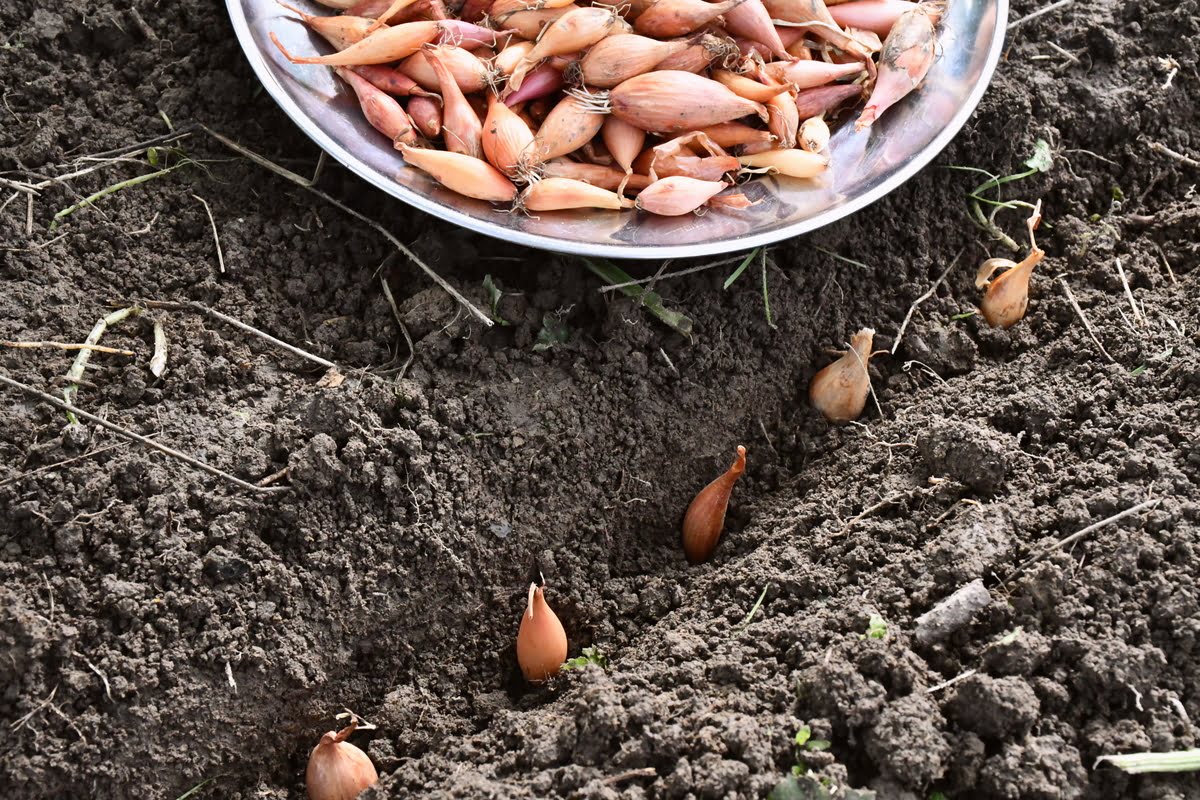
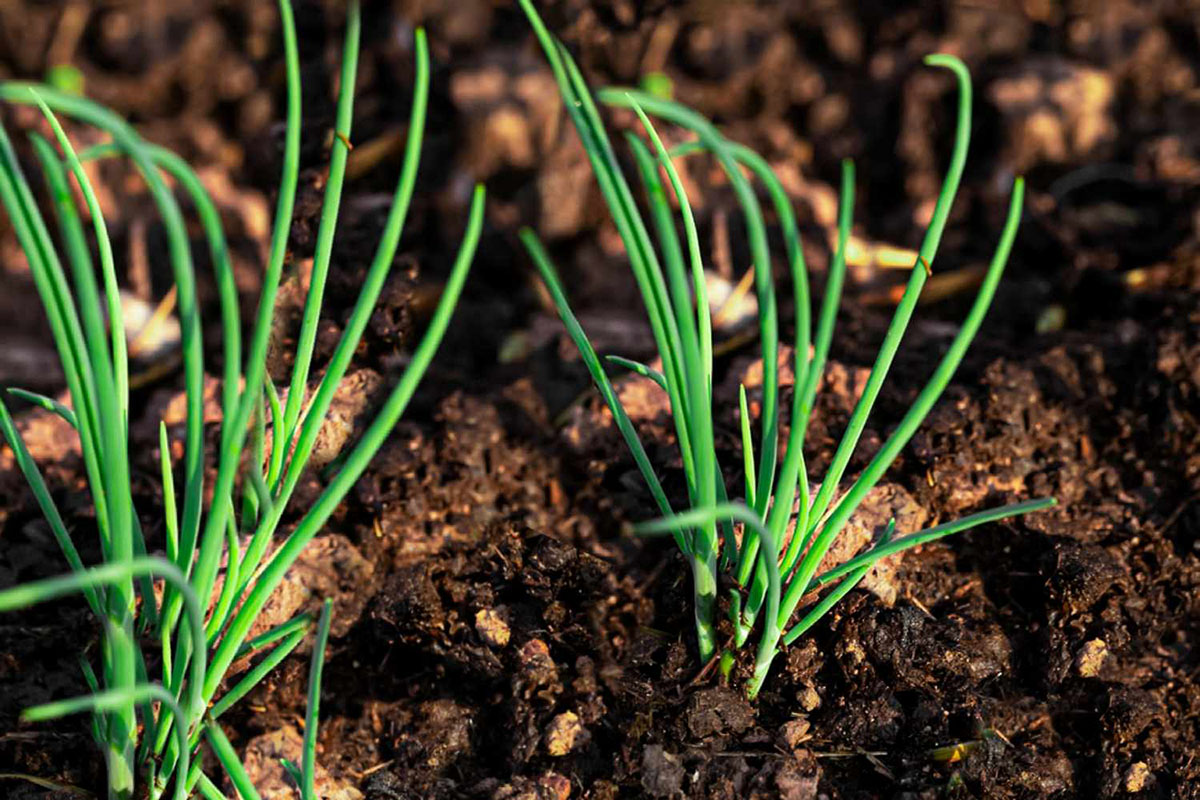
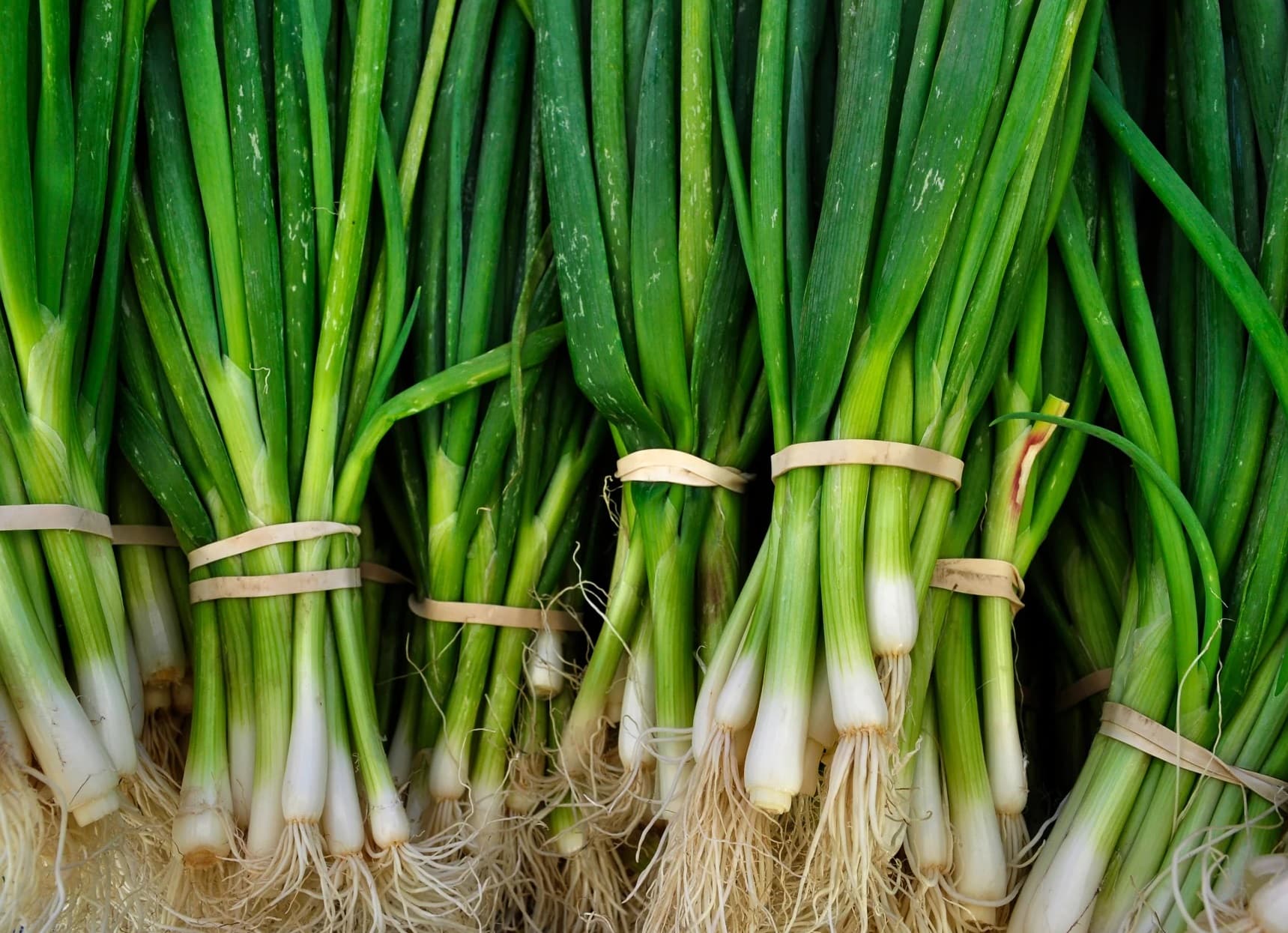
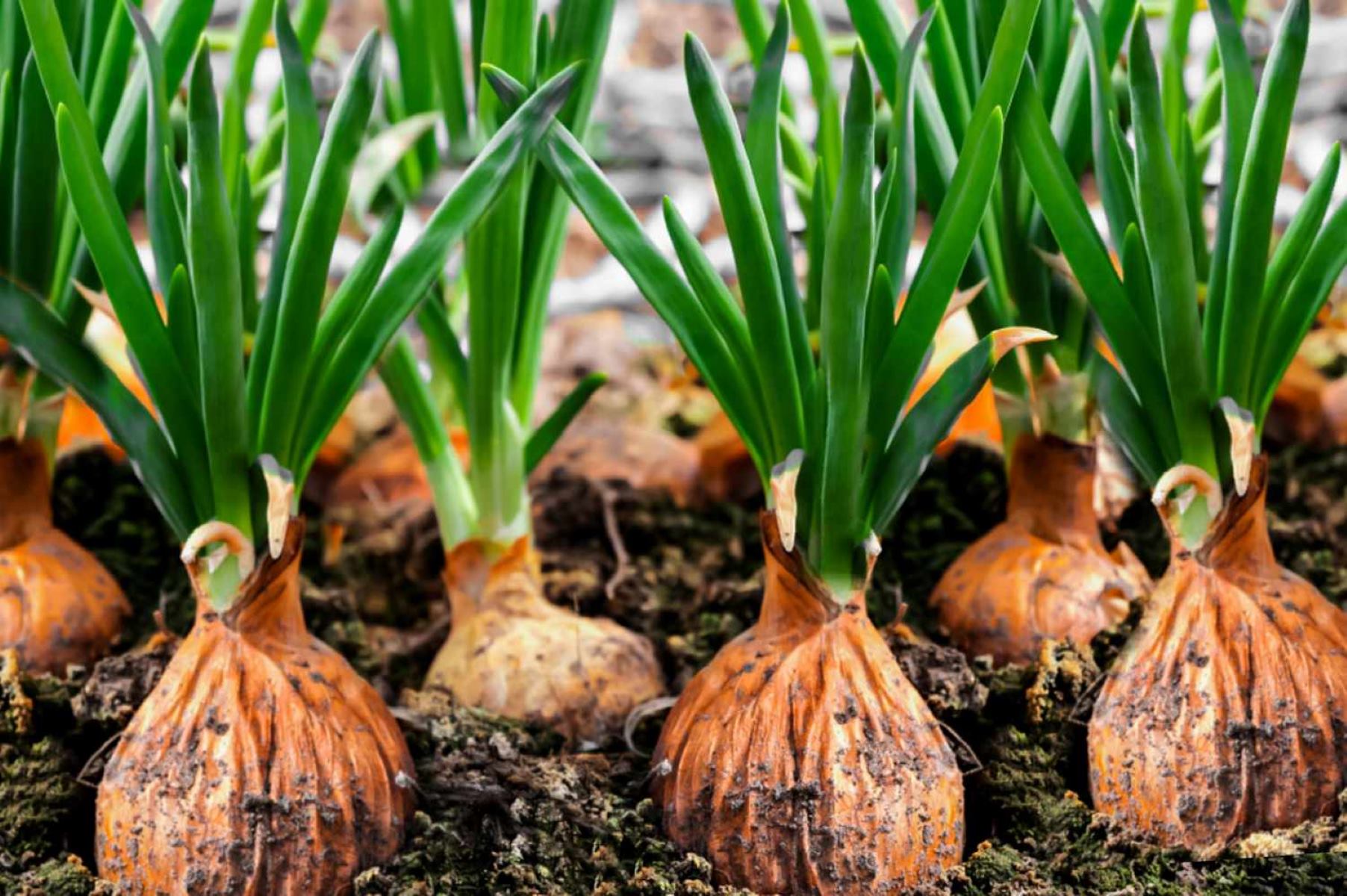
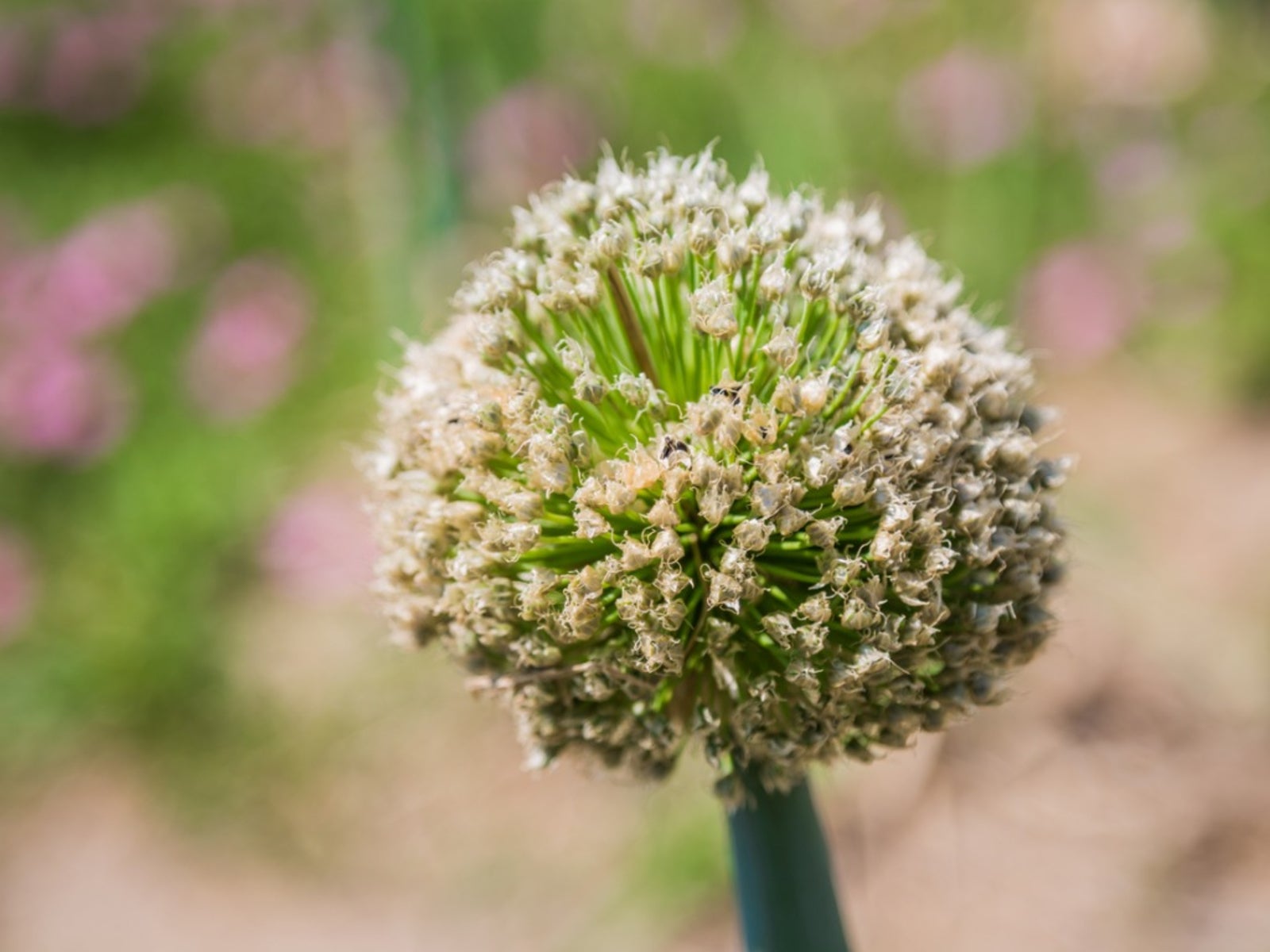
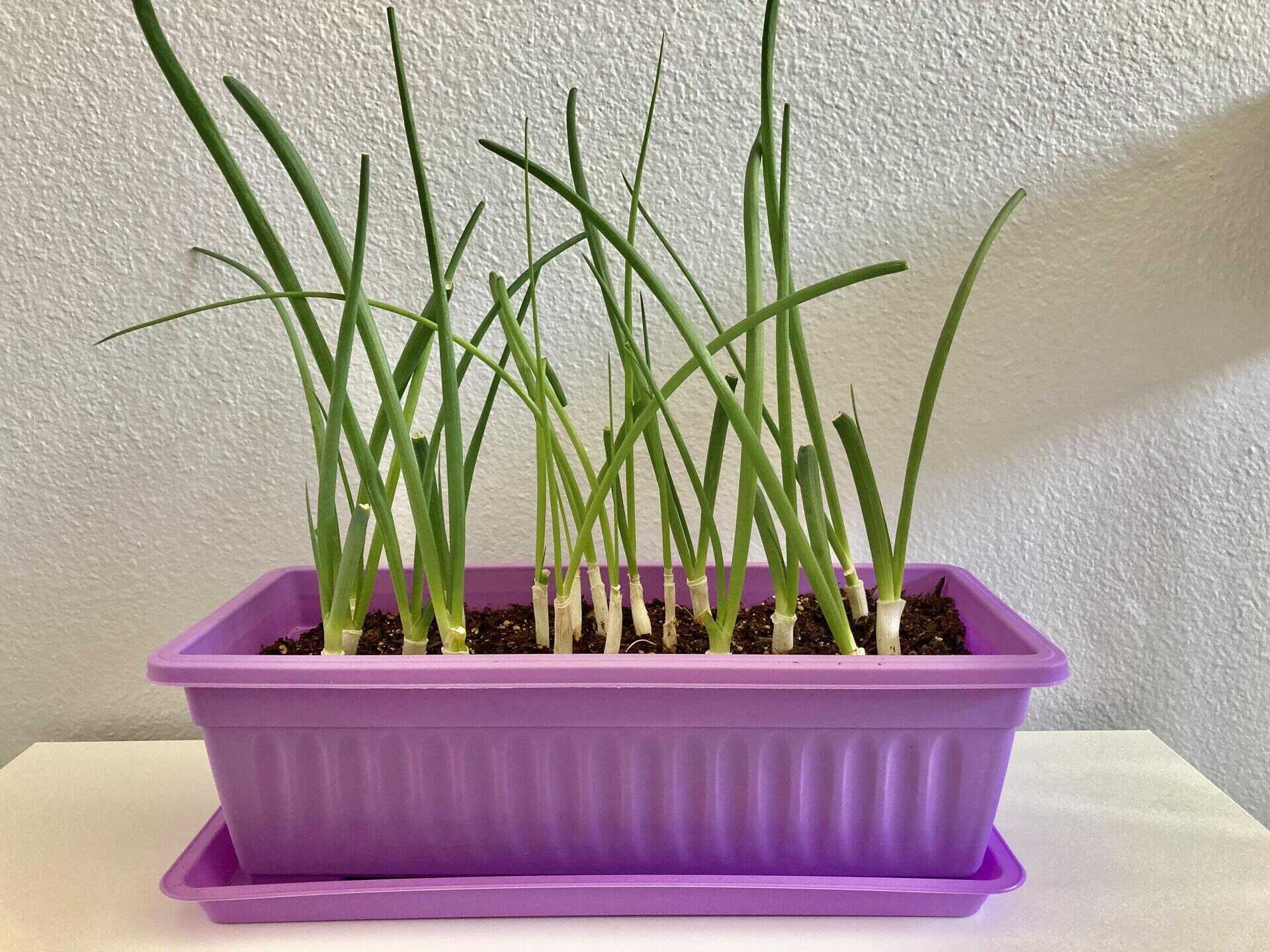
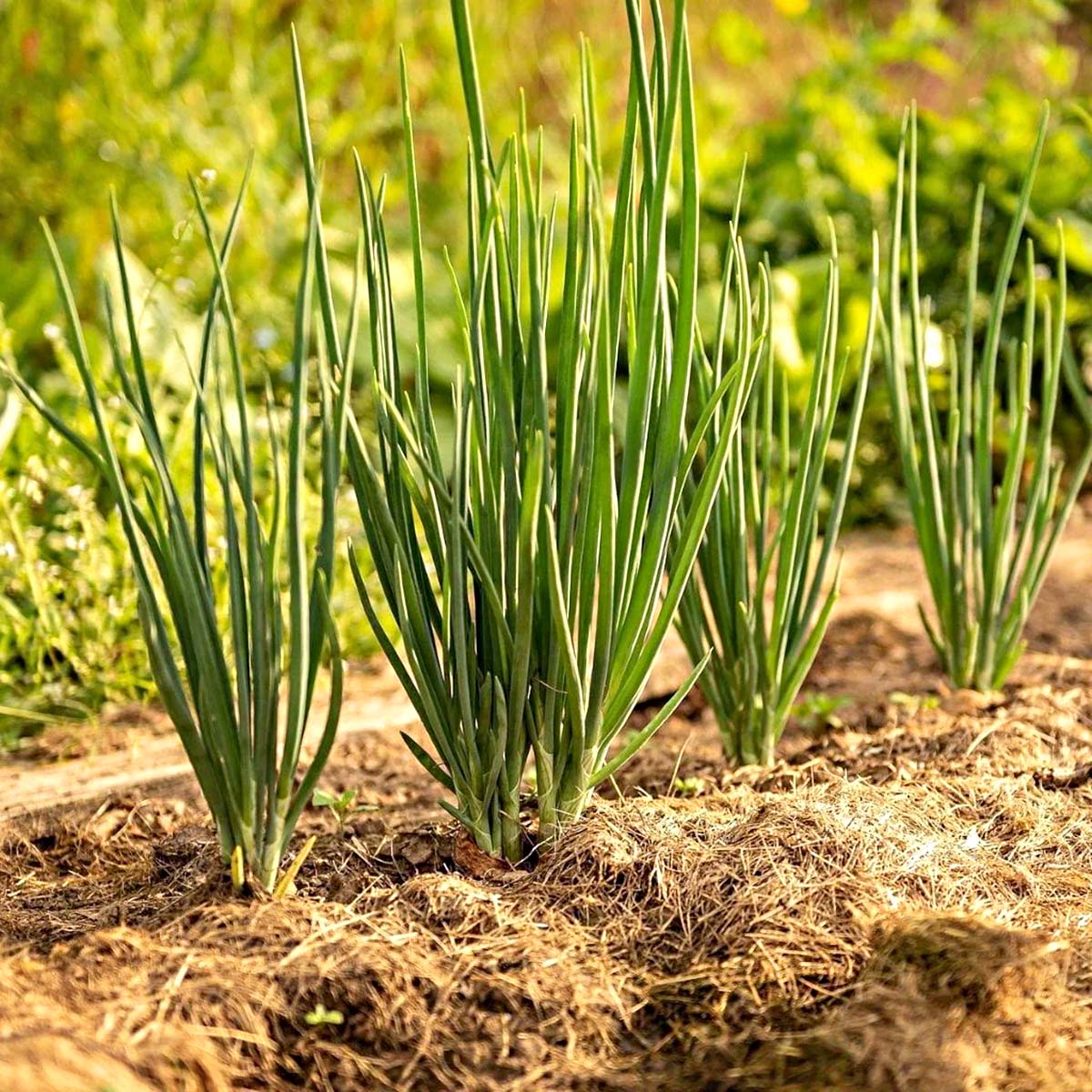
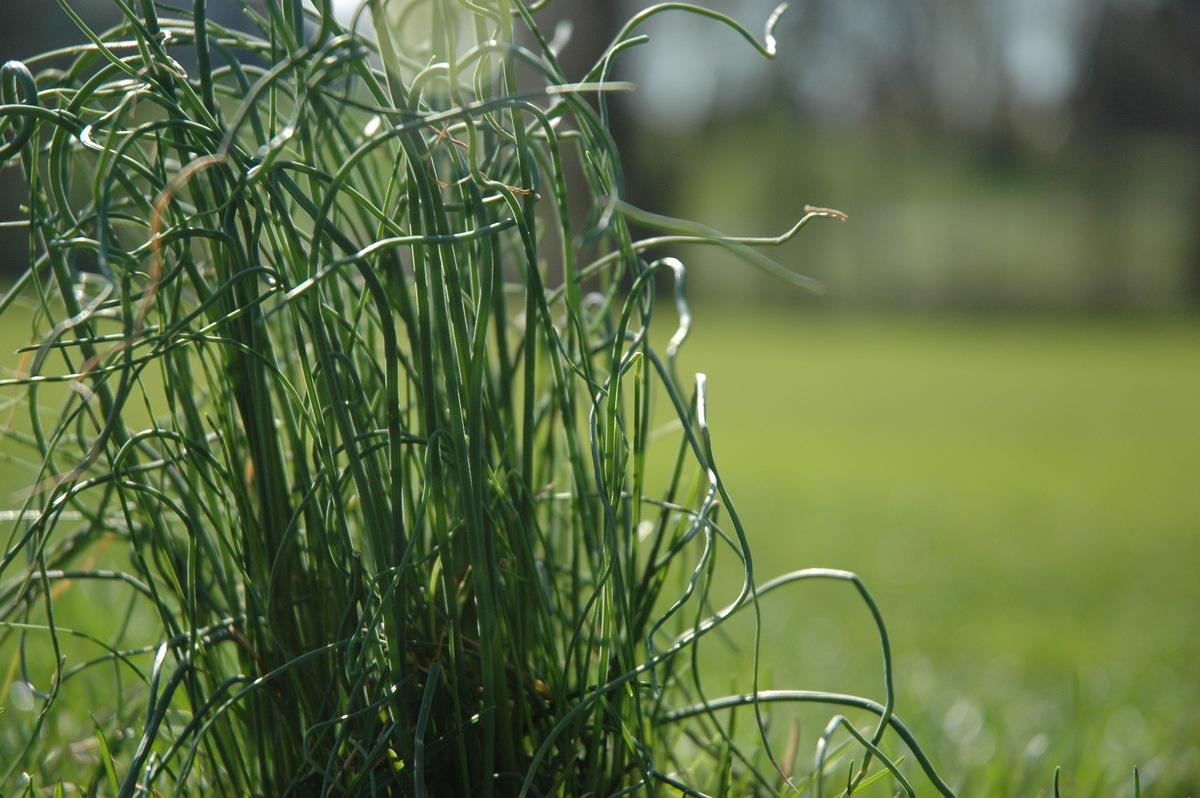

0 thoughts on “What Are Onion Seeds”